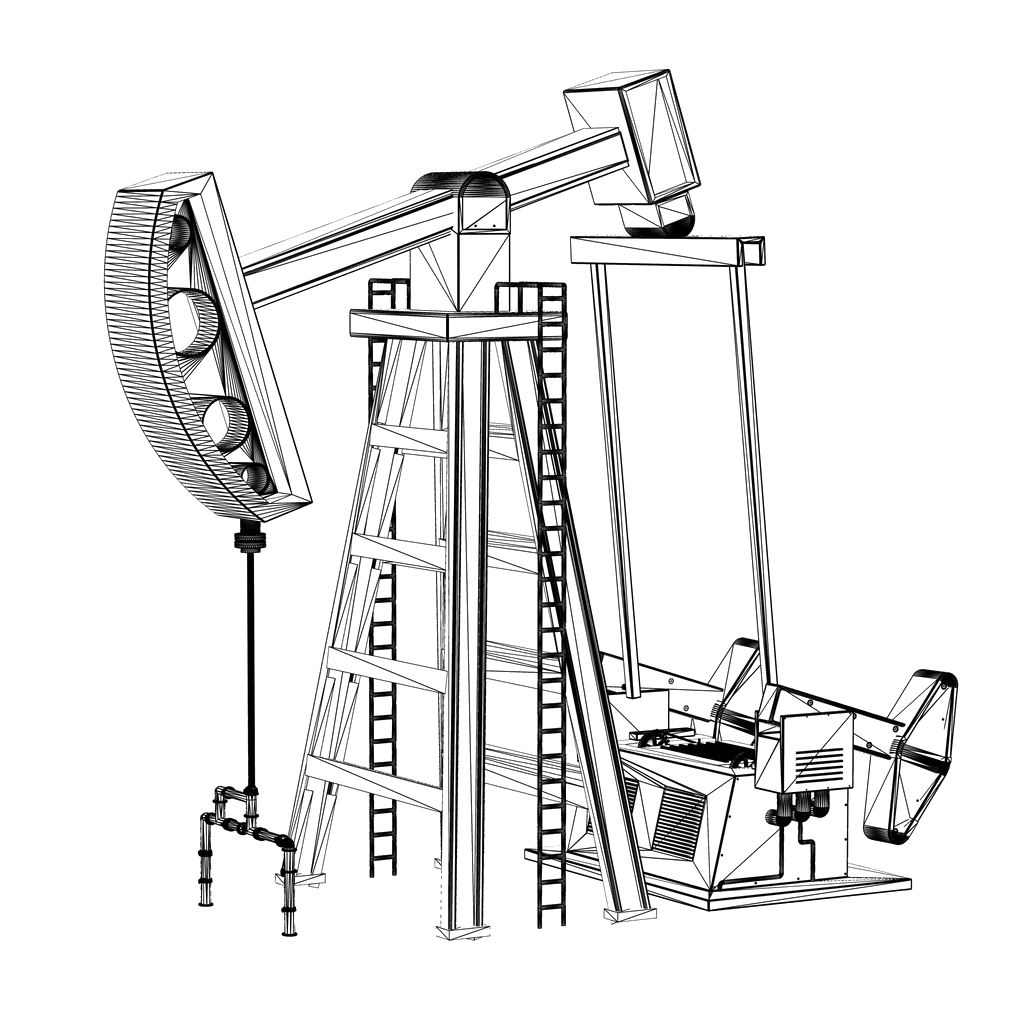For over 100 years, the oil patch has provided a good living for thousands of families. As a result, the oil and gas industry is a magnet for a wide range of workers. From roughnecks on drilling rigs, to geologists studying rock formations, the oil fields are home to a varied workforce. Each person is driven by different motivations and skills. Above all, the ability to make a living in the oil patch requires physical and mental ability.

However, working in the oilfields can be dangerous. Accidents resulting in worker injuries are common. In 2021, nearly a third of all Louisiana at work deaths were people who worked in natural resources. It follows that when an oilfield worker is injured on the job, they often face physical, emotional, and financial challenges. In such cases, understanding legal options for seeking money justice becomes crucial. The best Louisiana oilfield injury lawyers can help give advice to protect your rights. Therefore, it is important to contact a lawyer as soon as possible after an oilfield injury.
Common Causes of Injuries
In Louisiana’s oilfields, injuries can occur due to several factors. These include heavy machinery accidents, explosions, fires, falls, and exposure to toxic substances. The physical demands, long working hours, and remote locations also contribute to the risk of injuries. It is essential for workers to prioritize safety and follow established protocols. Even then, injuries can happen because someone else was negligent.
Who Can Workers Sue for Recovery?
When an oilfield worker sustains an injury, they may have several avenues for seeking compensation:
Employer Liability
Workers’ compensation insurance is mandatory for most Louisiana employers. Injured workers can typically file a workers’ compensation claim with their employer’s insurance provider to cover medical expenses and lost wages. This option allows for a no-fault system, meaning workers can claim benefits without proving fault on the part of their employer.
Third-Party Claims
In some cases, injuries may result from the negligence of a third party not directly associated with the worker’s employer. This could include equipment manufacturers, subcontractors, or other contractors on the job site. In such cases, injured workers can pursue a personal injury claim against the negligent party.
Product Liability Claims
If a worker’s injury is caused by a defective piece of equipment or machinery, they may have grounds for a product liability claim against the manufacturer or distributor of the faulty product.
Maritime Law
Workers employed in offshore oil and gas operations may be covered by maritime law, which offers its own set of remedies for injuries sustained while working at sea or on navigable waters.
Jones Act Claims
If an injured oilfield worker is classified as a seaman, they may be eligible to file a Jones Act claim against their employer for injuries resulting from negligence or unseaworthiness.
Getting a lawyer
Navigating the legal process after an oilfield injury can be complex. It is advisable for injured workers to meet with an experienced personal injury attorney who specializes in workplace accidents. An attorney can review the facts surrounding the injury, identify liable parties, and guide the injured worker through the correct legal channels.
Conclusion
While working in Louisiana’s oilfields provides vital employment opportunities, it also carries serious risks. In the event of an injury, workers must know their rights and legal options. By pursuing civil justice, injured oilfield workers can work towards recovery, both physically and financially. They can also hold responsible parties responsible for their injuries and change corporate behavior. This can help make the oilfield safer for everyone. Thus, if you are injured in the oilfield, it is crucial to consult with a qualified attorney as soon as possible.




